Well-known composer and jazz pianist Evrim Demirel recently announced an intriguing collaboration with the esteemed clarinet virtuoso, Vasilis Saleas.
In an exclusive interview, before their concert on Thursday at the Cemal Reşit Rey Concert Hall, Demirel offered an insightful glimpse into their performance, a venture poised to seamlessly blend Turkish music and jazz into a perfect musical unity.
“‘Makamsız’ is a sort of world music project. Which embraces diverse musical disciplines such as Turkish Music and jazz. I composed music particularly for this occasion. The music I composed is based on mutual aspects of both worlds and I aimed to create a distinctive confluent timbre where both sides stand together.” Demiral said. Through this collaboration, Demirel and Saleas aim to unlock new dimensions of sonic exploration, tapping into the rich cultural tradition of Turkish music while infusing it with the improvisational spirit of jazz.
Demiral said: “On the other hand Turkish music especially the use of makams influenced the neighboring regions such as Greece and the Balkans. In the end, this broad territory has a mutual discourse that encompasses Greek and Balkan music as well. Vasilis is one of the leading clarinet masters-influenced players in this area. He has a unique approach in terms of Turkish makams.”

Central to the collaboration is the innovative fusion of diverse musical disciplines. “I perceive composing as sound design,” Demirel remarks thoughtfully, shedding light on his approach to crafting cohesive musical experiences that integrate elements of Turkish music, jazz, and classical influences. With Saleas’s unparalleled expertise in Turkish makams, the collaboration promises to introduce audiences to a harmonious blend of familiar and novel sounds, transcending genres and boundaries.
Reflecting on his extensive repertoire, spanning over two decades of musical exploration, Demirel emphasizes the significance of his recent albums, “Kadim” and “Makamsız Project.” These albums serve as a testament to Demirel’s lifelong dedication to preserving and innovating within Turkish musical heritage. “This idea has been in my mind for over 20 years,” he reveals, underscoring the depth of his commitment to bridging cultural divides through music.
Evrim Demirel, when discussing his operatic works like “Ninatta” and “Europa,” emphasizes his deep connection to historical and mythological themes. He acknowledges the influence of his Turkish heritage, stating, “As a Turkish artist, I guess it is impossible not to be influenced by the history of this geography.” Demirel disregards distinctions made by some European historians, affirming, “I don’t consider them, this is my heritage, and I create my work upon the historical influences as well.”
For Demirel, these works serve as a means to connect with the history of his region, expressing, “‘Ninatta’ and ‘Europa’ are examples of how I connect myself with the history of my region.” He even ventures into composing in the extinct language of the Hittites, sharing, “After the Hittites Era, perhaps I am the only composer who has composed music in the extinct language of the Hittites.” Through his operas, Demirel creates an impressive blend of history and imagination, offering listeners a unique journey through time.
Looking ahead, Demirel offers glimpses into his upcoming projects, including the premiere of his opera based on Ahmet Ümit’s novel. “I don’t aim to preserve any kind of balance,” Demirel explains. “I follow the path where music leads me.”





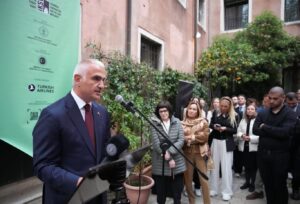

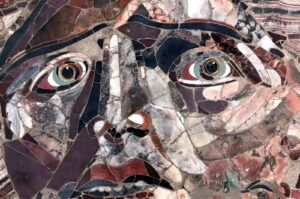


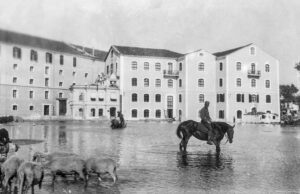
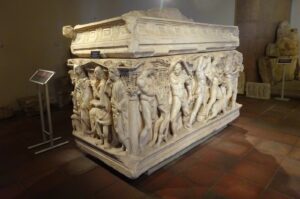


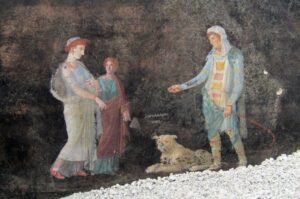





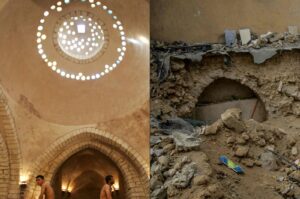

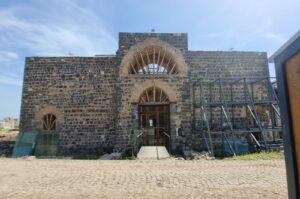

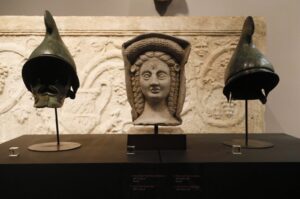

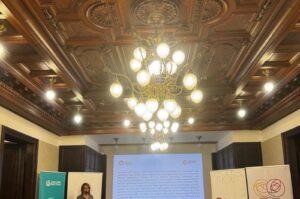
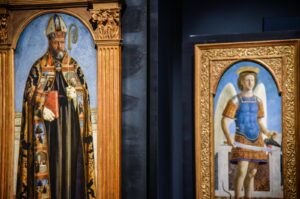
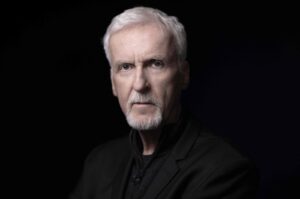
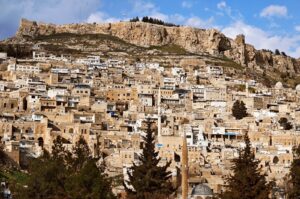


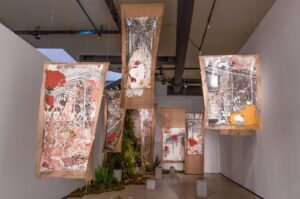
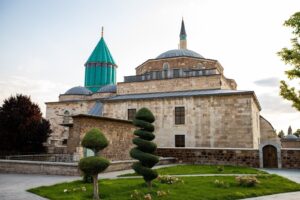

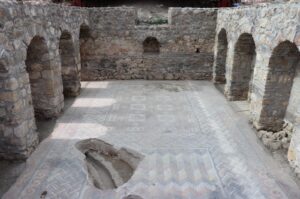

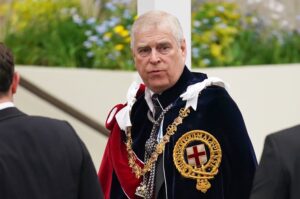
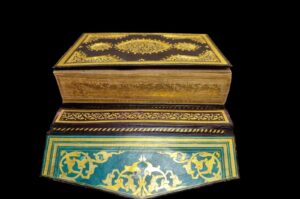
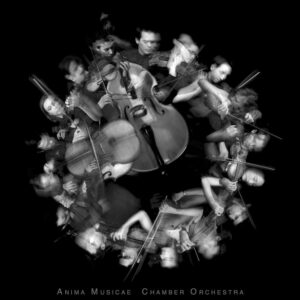








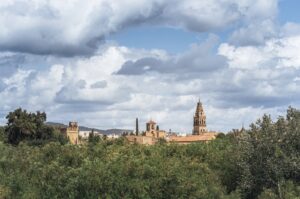

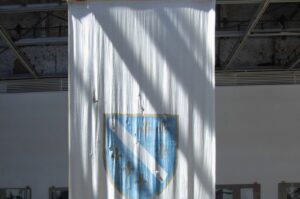

Be First to Comment